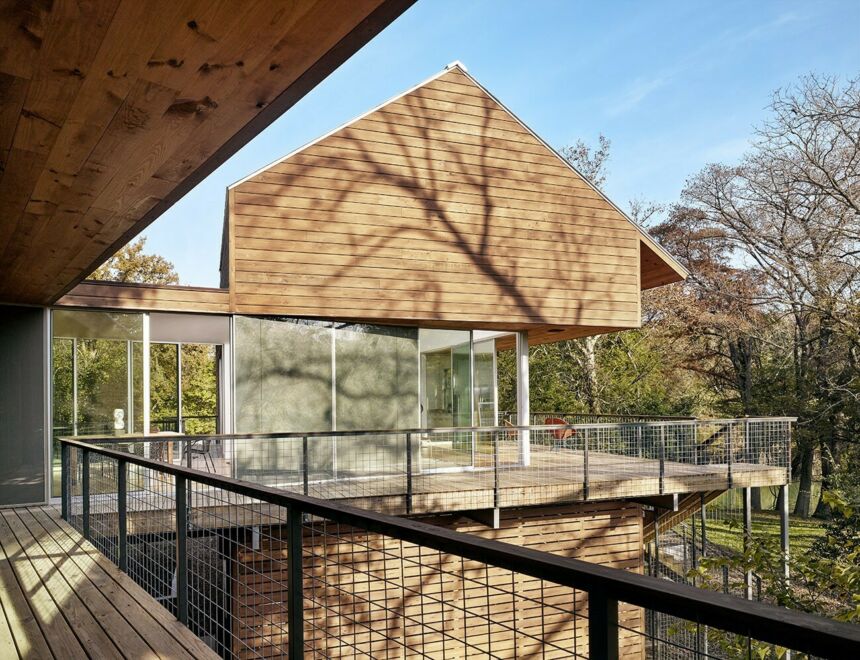December 07, 2018
Penn State designer’s firm up for Young Architects Program

UNIVERSITY PARK, Pa. – Low Design Office (LOWDO), an architectural design firm co-owned by DK Osseo-Asare, assistant professor of architecture and engineering design, has been named one of five finalists for next year’s 20th annual Young Architects Program. The program is run by the Museum of Modern Art (MoMA) and MoMA PS1, one of the oldest and largest nonprofit contemporary art institutions in the United States.
Each year, 50 firms comprised of recent architectural school graduates, junior faculty and architects experimenting with new styles or techniques are nominated by deans of architecture schools and editors of architecture publications for the program. The firms submit portfolios of their work for review by a panel consisting of leaders and curators from MoMA and MoMA PS1. The panel culls the group down to five finalists that are then challenged to develop original designs that provide shade, seating and water while working within guidelines that address environmental issues, including sustainability and recycling.
The winner of the 2019 Young Architects Program will be announced in February, with the winning design to be installed at MoMA PS1’s outdoor courtyard in New York City next summer.
This year, MoMA and MoMA PS1 have partnered with the National Museum of XXI Century Arts (MAXXI) in Rome, Italy; CONSTRUCTO in Santiago, Chile; Istanbul Modern in Istanbul, Turkey; and MMCA in Seoul, Korea, to create international editions of the Young Architects Program.
Osseo-Asare and Ryan Bollom started LOWDO in 2006 while they were master’s degree students at the Harvard Graduate School of Design. The practice was formed around the idea that transformative innovation in creative fields most often originates when the creator must overcome limited means and resources to provide meaning in his or her work. Now a transatlantic architecture and integrated design studio based in Tema, Ghana and Austin, Texas, LOWDO continues to use its founding principles in its practice to deliver high-impact design for a broader public through low-resource, low-tech, low-carbon strategies. The firm’s projects search to find optimal balance between design and resource consumption—to achieve the “most” with the “least.”
For more information and to read about all of the finalists, see the Architect’s Newspaper.
Photo: Low Design Office
